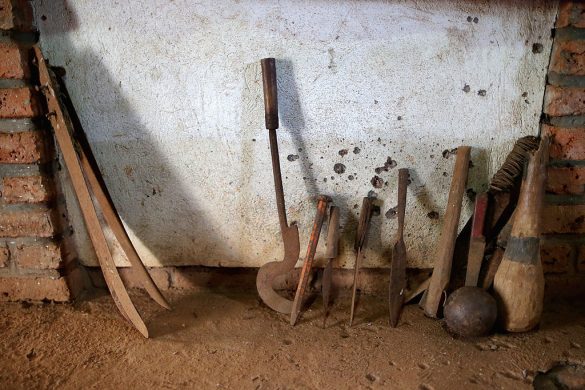Sudan og løsrivelseslandet Sydsudan er enedes om at sende olie fra Afrikas nyeste nation ud til omverdenen via sudanske havne ved Det Røde Hav – den årelange strid har kostet begge lande milliarder i tabte indkomster.
South Sudan will begin oil production again by 24 March, under the deal negotiated in Ethiopia, BBC online reports Tuesday.
Both states also agreed to withdraw troops from their border area. A demilitarised buffer zone is to be set up, with the intention of improving security. Trade deals and a committee to agree on the disputed border were also discussed in the Ethiopian capital, Addis Ababa.
Nevertheless, this is not a new deal – it is a commitment to implement the nine agreements which were signed last September.
Despite international pressure from the AU, the US, and China, among others, those vital treaties have not yet come to anything on the ground.
South Sudan’s government used to earn 98 per cent of its revenues (indtægter) from oil and its economy has collapsed since it shut down oil production, with vital development work put on hold.
If this timetable is respected, Sudan’s economy should benefit from billions of dollars coming from oil transit fees, and from a compensatory payment for allowing the South to secede (løsrive sig).
In January 2012, disagreement on sharing oil revenues led South Sudan to halt its 350.000 barrel-per-day output, and halve public spending on everything but salaries.
South Sudan gained independence from Sudan on 9 July 2011 as the outcome of a 2005 peace deal that ended Africa’s longest-running civil war.
About 1,5 million people are thought to have lost their lives in the conflict.














